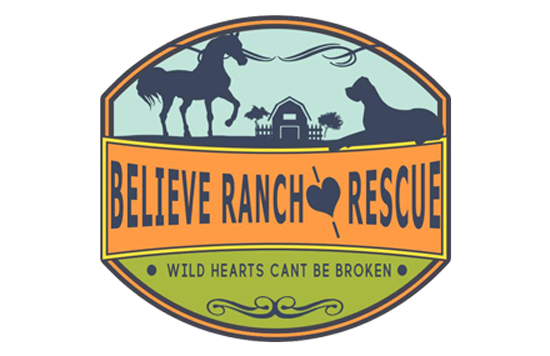Support the Safeguard American Food Exports (SAFE) Act (H.R. 113/S.1706)
In the 115th Congress, H.R. 113 was introduced by Rep. Vern Buchanan (R-FL), Jan Schakowsky (D-IL), Ed Royce (R-CA), and Michelle Lujan Grisham (D-NM) and S.1706 was introduced by Sens Robert Menendez (D-NJ), Lindsey Graham (R-SC), Sheldon Whitehouse (D-RI), and Susan Collins (R-ME)
“Here are these exquisite, immensely powerful creatures, who willingly give us their labor in return for our stewardship. They have attended us throughout history, bearing us across frontiers and into battle, pulling our plows, thrilling us in sport, warming us with their beauty… To send these trusting creatures to slaughter is beneath their dignity and ours.”
This bill would prevent horse slaughter plants from opening in the U.S. and end the current export of horses abroad for slaughter for human consumption.
Forcing American taxpayers to pay for horse slaughter is fiscally irresponsible. It makes no sense for the federal government to spend millions of taxpayer dollars to oversee new horse slaughter plants. At a time when Congress is so focused on fiscal responsibility and the budget of the USDA’s Food Safety Inspection Service is already stretched thin, the USDA should not extend funding for a new program to slaughter horses – a practice that 80% of the American public opposes.
U.S. horsemeat can be dangerous to humans because of the unregulated administration of numerous toxic substances to horses over their lives. American horses are not raised for human consumption, and they are routinely given hundreds of drugs and other substances, both legal and illegal, over their lifetimes that can be toxic to humans if ingested. These substances have not been approved and many have been specifically prohibited by the FDA for use in animals intended for human consumption. For example, a common pain reliever, Phenylbutazone, is known to cause potentially fatal human diseases, and there is no known safe level for residues of this drug in horsemeat. Horses are gathered from random sources, and there is no system in the U.S. to track medications and veterinary treatments given to horses to ensure that their meat is safe for human consumption.
Due to serious food safety concerns, the European Union suspended horsemeat imports from Mexico – where 87% of horses slaughtered for export to the EU are of U.S. origin. EU authorities made the decision after a series of scathing audits that exposed a plethora of problems, including a lack of traceability of American horses and horrific suffering on U.S. soil and in Mexico.
Horse slaughter is inhumane and cannot be made humane. Slaughter is a brutal and terrifying end for horses and is not humane. Horses are shipped for more than 24 hours at a time without food, water, or rest in crowded trucks in which the animals are often seriously injured or killed in transit. Horses are skittish by nature due to their heightened fight or flight response. The methods used to kill horses rarely result in quick, painless deaths; they often endure repeated blows during attempts to render them unconscious and sometimes remain alive and kicking during dismemberment. Before the last domestic plant closed in 2007, the USDA documented rampant cruelty violations and severe injuries to horses, including broken bones protruding from their bodies, eyeballs hanging by a thread of skin, and gaping open wounds.
For more information please contact Holly Gann at hgann@humanesociety.org.
